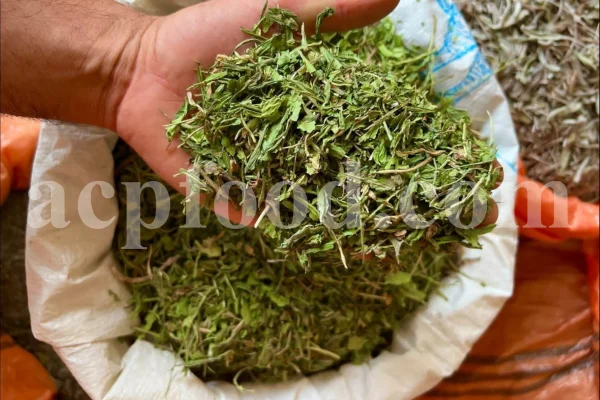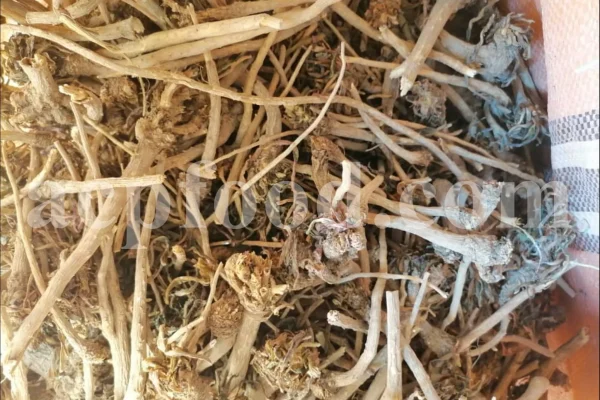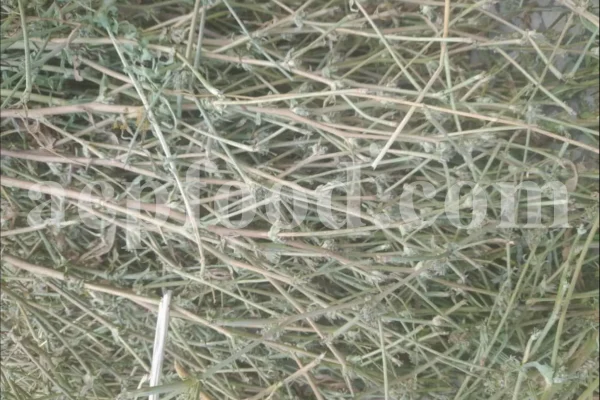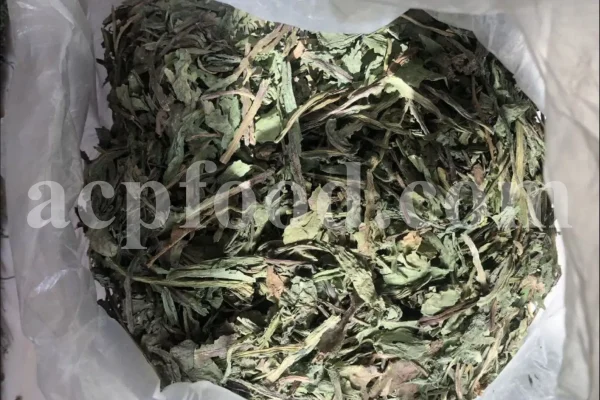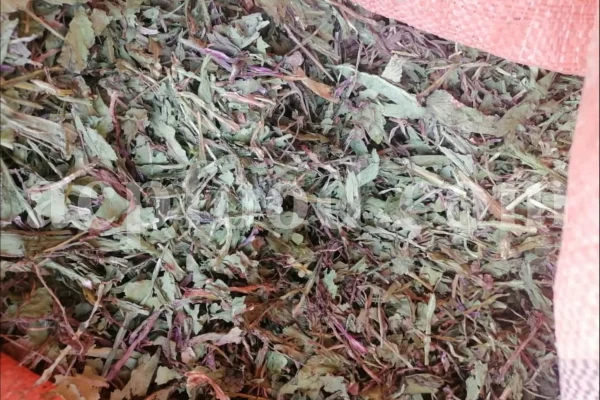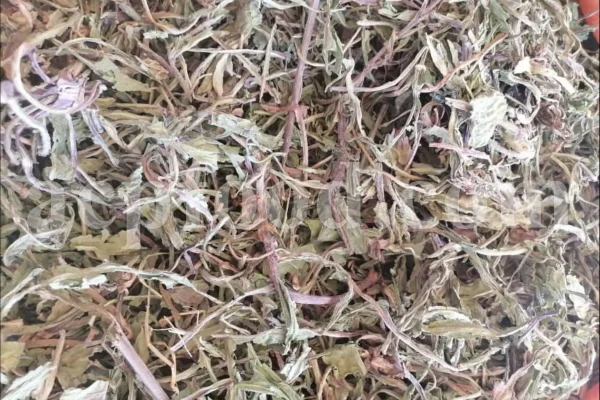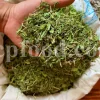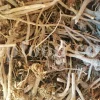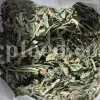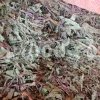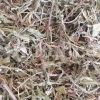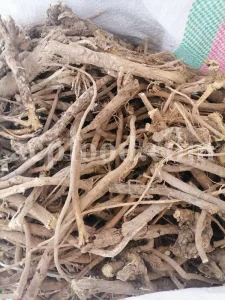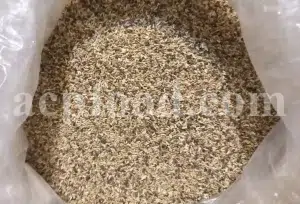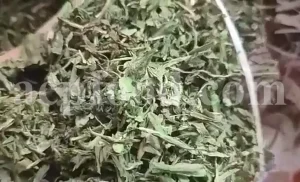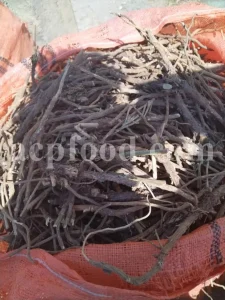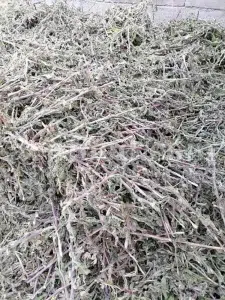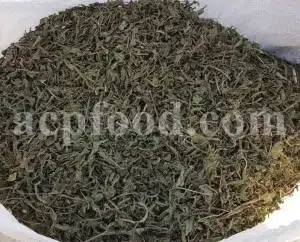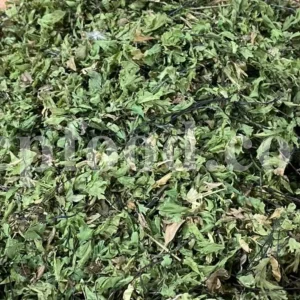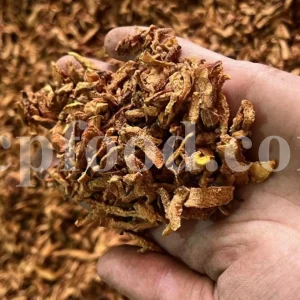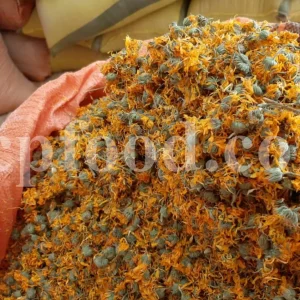GENERAL DATA
Plant Parts: Leaves, Root, Flower, Seed, and Hydrosol
Cultivation Mode: Wild collection/Cultivated
In Manufacturing: Pharmaceutical, Perfumery, Cosmetics, Soft drink, Alcoholic drink, Food, its seed is used in making teas and coffees, Confectionery, Herbal Tea, Livestock and Poultry feed, Soaps and Shampoo, Skincare, Haircare, Extract, Hydrosol, Veterinary
Foods: Salads, Soups and different foods as a vegetable
HARVEST CALENDAR
Feb
Mar
Apr
May
Jun
Jul
Aug
Sep
Oct
Nov
Dec
To order Wild Succory, please contact us.
About Cichorium Intybus
Chicory is a perennial plant and its height reaches one meter. The leaves of this plant are relatively large, elongated, hairy and pointed and usually grow in the lowest part of the plant. Among the Chicory leaves, some relatively thin and hairy stems grow, whose cross section is circular and longitudinal grooves can be seen on their surface. The lower leaves are longer and their sides have relatively deep cuts. But the younger leaves located in the higher parts have a simpler edge. The edge of the larger leaves is serrated. These leaves have a rather bitter taste.
Its flowers are large and mostly pale blue-purple and sometimes pale pink and sometimes white. Each flower consists of elongated petals completely separate and with jagged tips. Chicory seeds are small, almost pyramidal with a square base surface, slightly elongated and light brown. The root of this plant is cone-shaped, strong, and relatively thick, and it grows about half a meter deep in the ground. The color of its root cortex is yellowish brown, but it has a white core. A milky sap can be seen inside the root of this plant.
Eating Chicory leaves with vinegar reduces yellow bile. If you boil Chicory leaves with some Fennel seeds (Foeniculum vulgare) and Dodder (Cuscuta epithymum), drinking it will open the blockages and is a laxative.
If you juice fresh Chicory leaf and boil it, strain it, and drink it with Sekanjebin, it is tonic for hot stomach, relieves blockages and repels infectious moisture, and cures polydipsia, chronic fever, and cold fever.
Drinking its leaf juice with Flixweed seeds (Descurainia sophia) and Sekanjebin helps to treat bilious vomiting, scarlet fever, smallpox, and typhoid.
If you boil the fresh leaves, flowers, seeds and roots of Chicory with Dodder (Cuscuta epithymum), drinking it with Sekanjebin will treat swellings.
Its root is useful for treating polydipsia, chronic fevers and in joint pains.
Chicory hydrosol is useful for healing liver diseases, fever, skin rashes and body itching.
Chicory Modifiers
Sugar and Sweet Violet drink for Chicory leaves.
Fragrant spices and Sekanjebin for its seeds.
The warm and delicate components of its fresh leaves are lost by washing. For this reason, it should not be washed.

